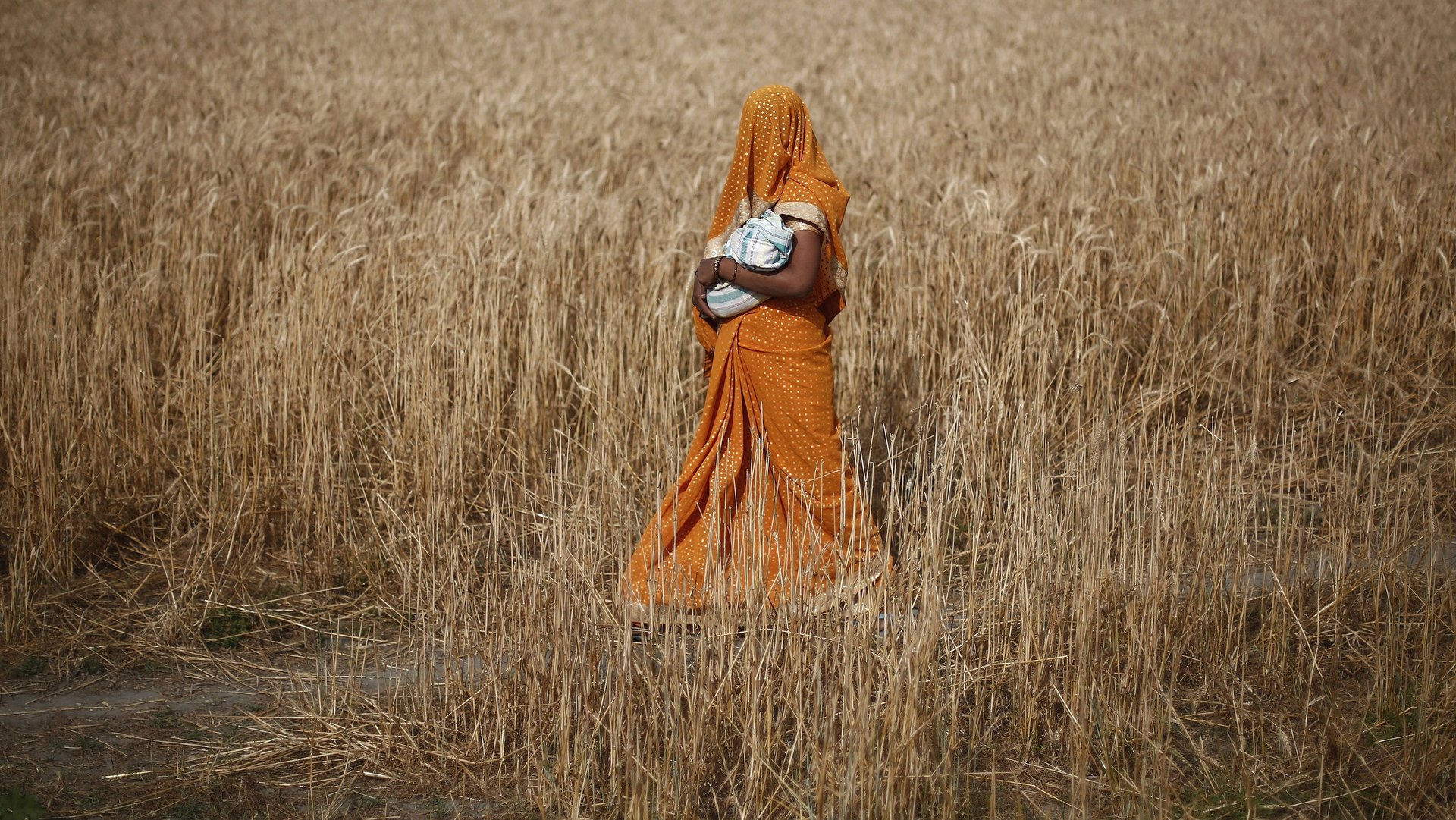After battling women’s rights groups for years, India is finally rolling out injectable contraceptives
Indian women bear an unfair burden when it comes to reproductive health and contraception.


Indian women bear an unfair burden when it comes to reproductive health and contraception.
With the culture of shame that surrounds sex, and therefore sexual health, and the still-limited access to healthcare, women often struggle to make informed choices about contraceptives. So, while basic awareness has been on the rise, usage remains limited. Just around 39% of all Indian women use modern methods of contraception such as sterilisation, intra-uterine devices, and the pill, according to data from Family Planning 2020, a global organisation dedicated to reproductive health and contraception.
Among these, female sterilisation remains the more popular choice, accounting for over 75% of contraceptive use in India. The procedure is offered for free by government-run camps, but negligence and even gross human rights violations have often led to deadly results.
That could explain why the government is now increasing the number of free-of-cost methods on offer under its long-running family planning program to include injectable contraceptives featuring the drug depot medroxyprogesterone acetate, or DPMA. Currently, the program offers female and male sterilisation, IUDs, condoms, and pills for free.
On Nov. 25, the government announced that it would roll out the injectables in phases, beginning with medical colleges and district hospitals.
Injectable contraceptives are already popular across Africa and Latin America and they’re also offered in the US and Europe, though women there mostly prefer the pill. The injectables work by releasing the hormone progestin into the body which prevents the ovaries from releasing eggs and thickens the mucous layer around the cervix to block sperm from getting through. The shots are to be taken once every three months, usually on the upper arm or the buttocks.
In India, though, injectables have a controversial history. They have been available through NGOs and private practitioners since 1995 but their addition to the national family planning scheme was delayed due to intense opposition from women’s rights groups.
An unpopular choice
For many years, Indian women’s rights activists’ main concerns were that the drugs used in injectables hadn’t been adequately and fairly tested in India and that the side-effects, including an increased risk of osteoporosis, irregular periods, headaches, nausea, and more, were a real threat to women.
The battle began in 1986 (pdf) when groups such as Stree Shakti Sanghatana and Saheli filed a case against the government, the Drugs Controller of India, the Indian Council of Medical Research, and others to stop trials of NET-EN, an injectable drug from Germany. They argued that the drug posed serious safety issues and questioned the ethical standards of the trials, besides pointing out that injectables would require long-term follow-ups and counseling, which would hardly be guaranteed if the drug was included under the national family planning scheme.
In 1993, DPMA received marketing approval in India and activists began to push back against this drug, too. They filed cases citing questionable ethical practices in the post-marketing surveillance tests on the drug.
By 1995, their protests had prompted India’s Drug Technical Advisory Board (DTAB) to recommend that DPMA injectables not be used in the national family planning program, though they could be used in the private sector where women were believed to have better access to information about its implications.
The court cases for both NET-EN and DPMA came to an end between 2000 and 2001, with no ban on their use. Over the next few years, the government and health ministry held test-runs and workshops related to injectable contraceptives, with the eventual aim of including them in the family planning scheme once further trials confirmed their safety for large-scale use. This despite the continuing opposition from women’s rights groups.
“Women’s reproductive health has always been contentious and has had a fraught history, plagued by issues of ethics, consent, and the entrenched vested interests of global pharma companies and developed nations,” Mukta Prabha, a volunteer with women’s rights organisation Women Power Connect, told The Wire. “So we need to tread with caution on DPMA so that women can make informed choices and their health isn’t compromised.”
Last year, the ministry finally received DTAB approval and began work on including the injectable contraceptives in the national scheme.
But so far, the government’s efforts on reproductive health have largely focused on women. Male sterilisation, for instance, accounts for just 1% of modern contraceptives used in India while condoms account for around 12%. When it comes to birth control, the side-effects and threats to women are real, but as the injectables’ contentious history shows, India, like other parts of the world, has a long way to go before women can truly be free to choose what happens to their bodies.